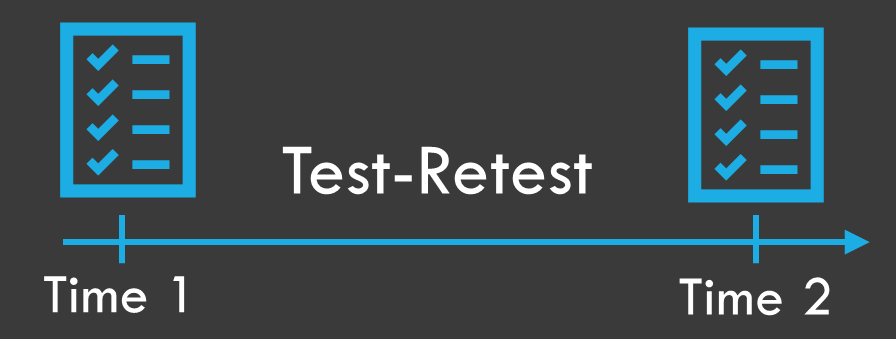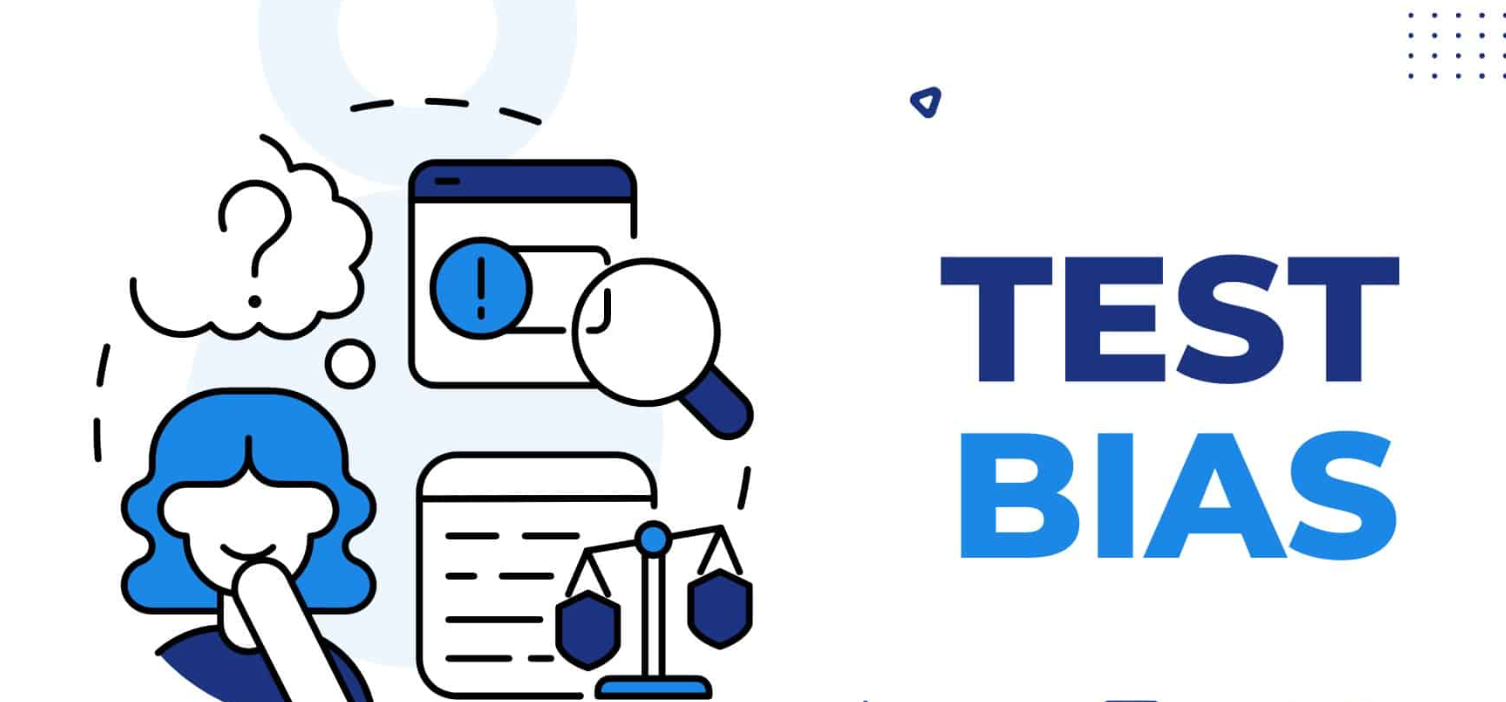Education
What is Test-Retest Reliability?
Test-retest reliability is a measure of the consistency of a test or assessment over time. It involves: Administering the same test to the same group of individuals Waiting for a specified time interval Re-administering the test Calculating the correlation between the two sets of scores High test-retest reliability indicates that the test produces stable and […]
Education
What is Test Bias?
Test bias refers to systematic errors in test scores that disadvantage certain groups of test-takers based on characteristics unrelated to the construct being measured. Common sources of bias include: Cultural assumptions in test content Language barriers Stereotype threat Unequal access to test preparation resources Biased item selection or scoring procedures Identifying and mitigating test bias […]
Education
What is Tenure?
In academia, tenure is a permanent position granted to faculty members after a probationary period, typically involving rigorous evaluation of their teaching, research, and service contributions. Key aspects include: Job security and academic freedom Protection from dismissal without just cause Expectation of continued scholarly productivity Involvement in institutional governance Tenure aims to: Protect academic freedom […]
Education
What is Temperament?
Temperament refers to the innate, biologically-based behavioral and emotional patterns that are relatively stable throughout an individual’s life. Key aspects include: Activity level Emotional intensity and reactivity Sociability Attention span and persistence Adaptability to new situations Understanding temperament is crucial in educational and developmental psychology as it influences: Learning styles and preferences Social interactions and […]
Education
What is Teacher Efficacy?
Teacher efficacy refers to a teacher’s belief in their ability to effectively teach and positively impact student learning outcomes. It encompasses: Confidence in instructional strategies Classroom management skills Ability to engage students Capacity to adapt to diverse learner needs High teacher efficacy is associated with: Increased student achievement Greater job satisfaction and retention Willingness to […]
Education
What is Teacher Certification or Teacher Licensure?
Teacher certification or licensure is the process by which individuals are officially recognized and authorized to teach in public schools. Requirements vary by country and state but generally include: Completion of a bachelor’s degree Successful completion of a teacher preparation program Passing standardized tests (e.g., Praxis exams in the U.S.) Background checks and character evaluations […]
Education
What is Task Analysis?
Task analysis is a systematic method of breaking down complex tasks or processes into smaller, more manageable components. It’s widely used in instructional design, cognitive psychology, and human factors engineering. The process typically involves: Identifying the main task Breaking it down into subtasks Determining the knowledge, skills, and abilities required for each subtask Identifying potential […]
Education
What is Talent Development?
Talent development refers to the process of identifying, nurturing, and enhancing an individual’s natural abilities, skills, and potential. In educational and organizational contexts, it involves creating opportunities and environments that foster growth and excellence. Talent development programs often include: Early identification of gifted individuals Personalized learning plans Mentorship and coaching Advanced coursework or specialized training […]
Education
Talent Development
Talent development is a comprehensive approach to nurturing and maximizing individual potential in various domains, including education, sports, arts, and professional settings. It involves identifying, cultivating, and enhancing specific abilities or aptitudes to achieve excellence. Key aspects of talent development: Early identification of potential and aptitudes Personalized learning and training programs Provision of challenging opportunities […]
Education
Systematically Planned
A systematically planned approach in education refers to a deliberate, organized method of designing and implementing instructional strategies, curricula, or educational programs. This approach emphasizes careful preparation, logical progression, and continuous evaluation to achieve specific learning objectives. Key characteristics of systematically planned education: Clear definition of learning goals and objectives Structured sequence of learning activities […]













